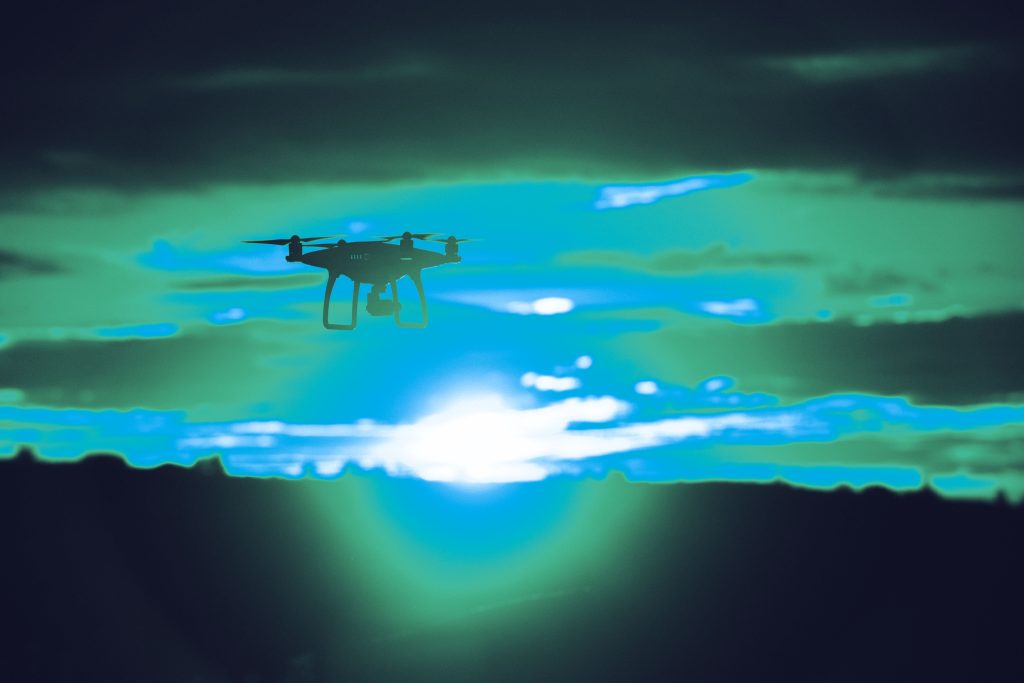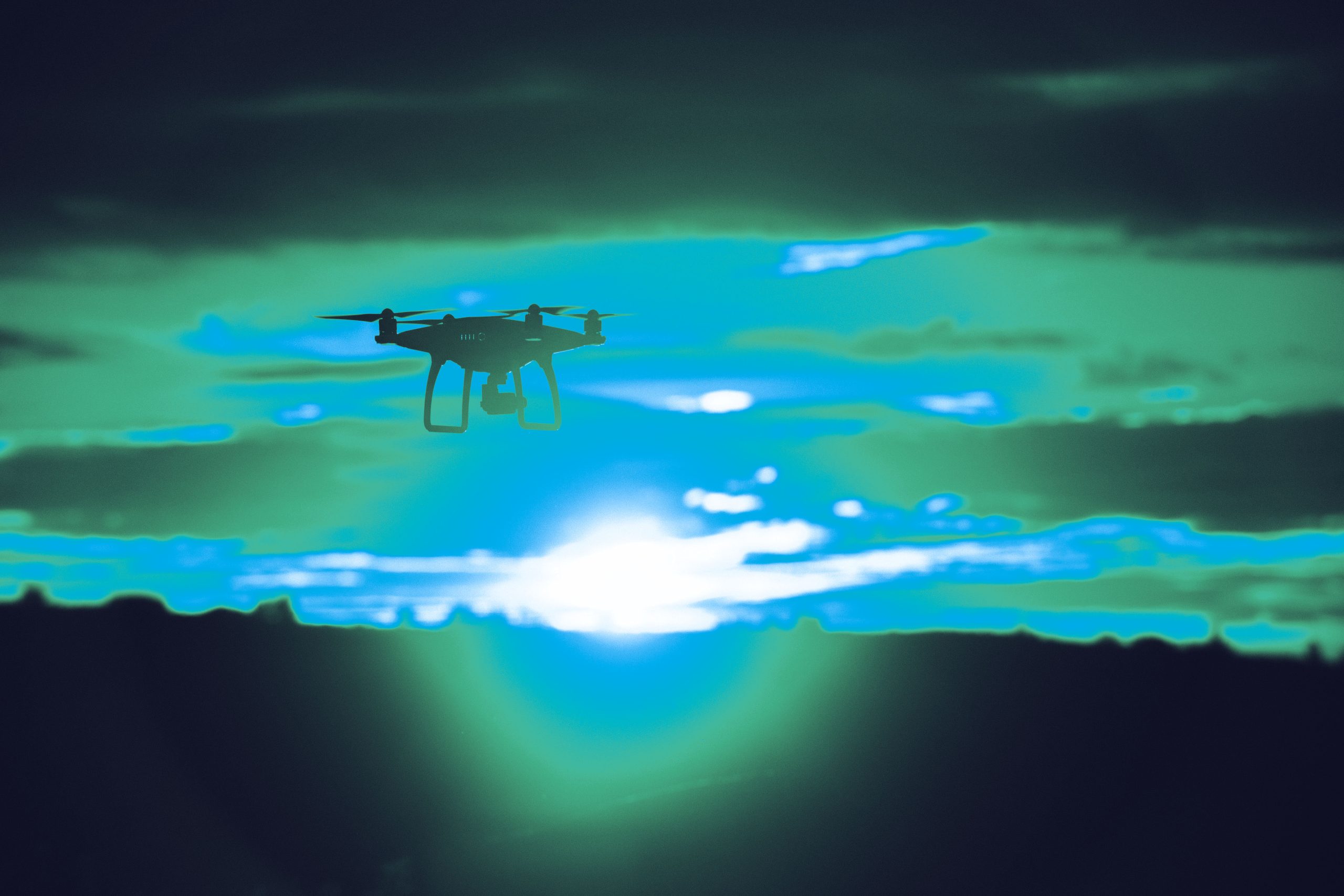Cloud technology has been rapidly adopted by various industries, including Content & Media. On Episode 13 of The Content & Media Matters Podcast we spoke to Steven Stewart, the Chief Operating Officer at Take 1, about how this technology is transforming the industry. Steven’s experience includes positions in the BBC, advisory board membership for Rise and serving as Vice Chair for the Royal Television Society, making him an ideal person to provide insights on the subject.
What do you think it takes to make a transformational project successful?
I think it takes vision, and you need to know what you’re trying to transform to. It’s no use just saying, “We need to transform the business.” You have to work with your team at board level and an operational level. Taking people through the transformation is important, because people generally don’t like change. Usually when you automate a process, people worry that their job is on the line. Taking them through the transformation means assuring them that that’s not the case. People’s jobs become more interesting when you automate processes, so transformation becomes a process of bringing your team across to new departments where they do less mundane work, because the automations are doing that for them. It also allows the business to grow rapidly, which requires new people coming in, as well as keeping the old people. The key to successful transformation is having that vision and taking the team on the journey with you by giving them opportunities, and listening to what they’ve got to say, and doing things for the right reasons.
Why do you think cloud and SaaS based platforms are so attractive and interesting to the broadcast and media industry?
The cloud isn’t really a thing, it’s just someone else’s datacenter. The reason why SaaS or other people’s software sitting on the cloud is so interesting for broadcasters is because things are changing so quickly. You used to build a broadcast centre, and you’d spend millions of pounds, but you’d have to write off the capital investment over five or 10 years. If you ask somebody nowadays, what their business will be doing in five years, they’ll throw their hands up in the air and say, “We don’t know what it will be doing next year, let alone in five years!” Being able to hire those services rather than paying out for something that won’t last is incredibly lucrative.
For example, if you want to launch a live channel that’s going to last for six months, because it’s broadcasting a particular sport season for example, you can launch it, run it for six months, then you turn it off again. Then some other organisation will use that cloud technology for their project. Most big companies are not just brands, they’re media brands. They have YouTube channels, they are broadcasters, they’ve got content they need to distribute worldwide to both their customers and their stores. Cloud tech is enabling that distribution without the massive upfront costs.

Are there limitations that mean it’s not right to do a big transformation or move over to a cloud or SaaS based system?
You need to look at the problem you’re trying to solve. Let’s use the BBC as an example. If they have 20 million viewers watching the terrestrial service all day every day, then that’s a really efficient way of distributing that content. That’s not the reality anymore. You might have the odd show that gets four or 5 million, 6 million like Traitors. But at three in the morning, you might only have 10,000 people watching stuff, but the transmitter power being used is exactly the same. They don’t turn the transmitters off anymore, they leave them on. Therein lies the problem.
Sustainability is going to be the focus for a lot of companies. There’s obviously advancements like moving from 2k to 4k, then 8k or HDR etc. The quality is as good as it needs to be for what we’re doing at the moment, but there are some really scary statistics that between 1 and 2% of all the world’s energy is used for streaming TV. That’s the same as all the aviation industry around the world put together. That’s something that we need to change. There’s an organisation called Greening of Streaming who are doing some really cool work in that area.
There’s another statistic that says around 90% of all the packets that are generated to make streaming TV work go unconsumed. That’s another big issue with old systems. We have to make the solutions to these issues into a business case. I would love Netflix to save the planet. Imagine if you had a big dial on your Netflix where you could turn down the quality and pay less for it. If I don’t want to watch Friends reruns in HD, I just want it at a lower bit rate, then I’m going to save money. If you turn that down, Netflix saves money on their data centre processing and you save money on your electricity bill too. Now there’s probably loads of different technical reasons why that can’t happen, but imagine if we as an industry started creating that kind of solution. It would change the world.
What problems are we currently facing as an industry, and how are we creating solutions to them?
The problems we have are around measurement and making the devices consumer aware.When you go to tech shows, you still see the latest big thing with all these LED volumes. And has anyone done the measurements of all the power it takes to run a studio of LED volumes? How does that compare with driving some trucks to the real location? Now, logically, you’d think the LED volumes must be more efficient, because you’ve got fewer people travelling around. But has anyone ever done the sums? People should focus on measuring that kind of thing.
People like the BBC are setting up sustainability requirements for their providers. I think the big players are leading the way with consumption, which is going to change the market for these huge pieces of technology. At home, you don’t put all the lights on all the time and boil cyclicals in the driveway. As an industry though, we have been doing that just to drive quality. Let’s turn the lights off. There’s no downside to that.
To hear more about improving the sustainability of technology in the broadcast industry, tune into The Content & Media Matters Podcast here.
We sit down regularly with some of the biggest names in our industry, we dedicate our podcast to the stories of leaders in the technologies industries that bring us closer together. Follow the link here to see some of our latest episodes and don’t forget to subscribe.
